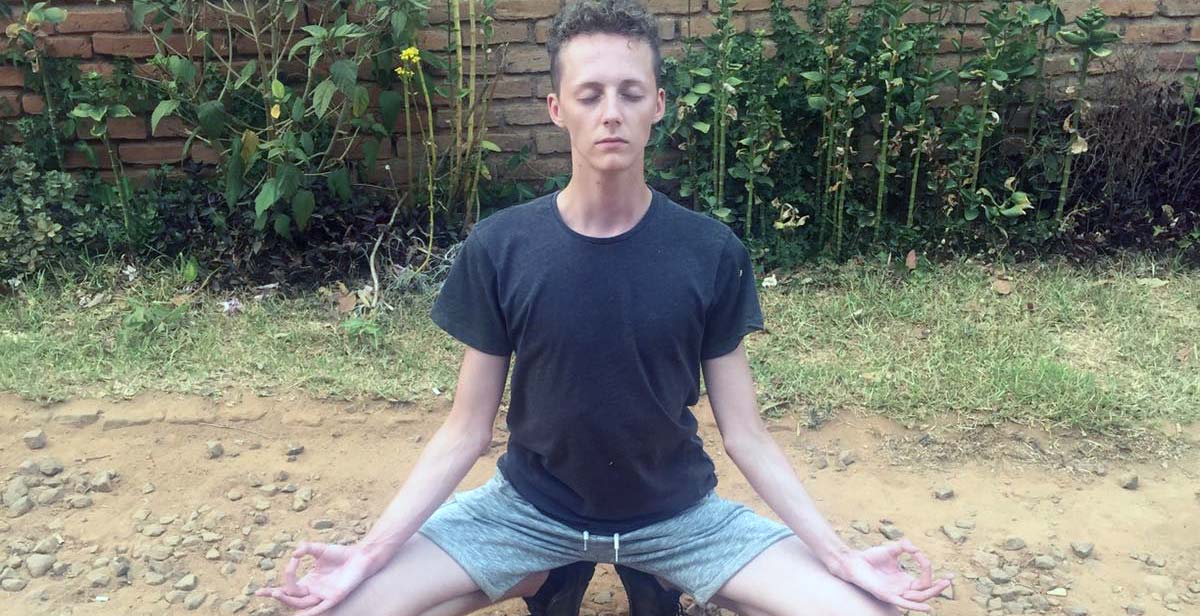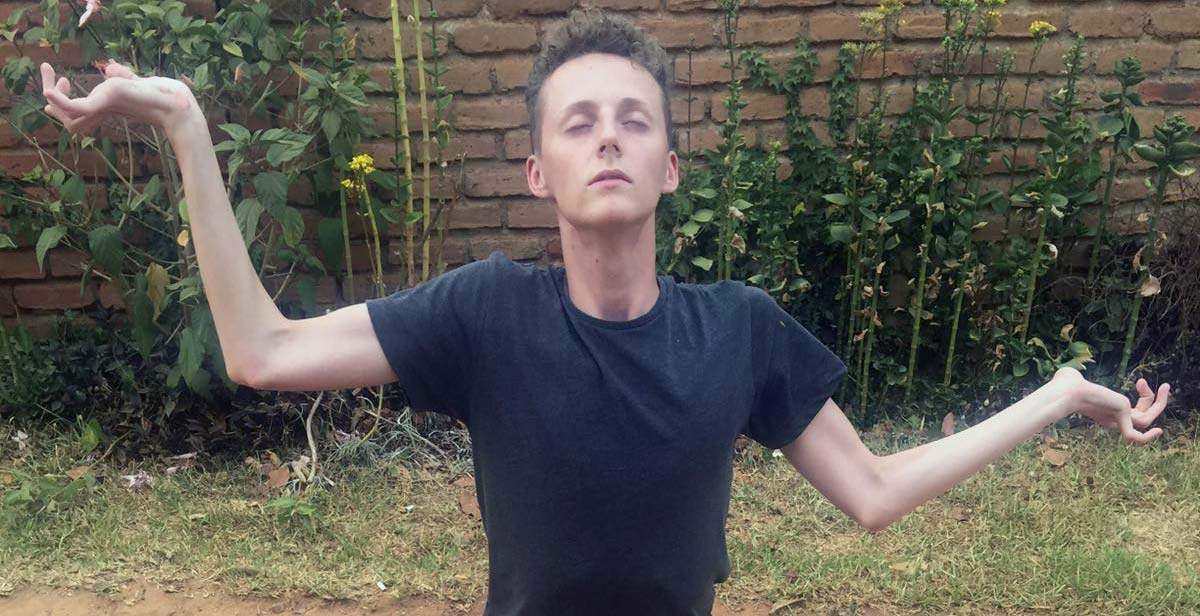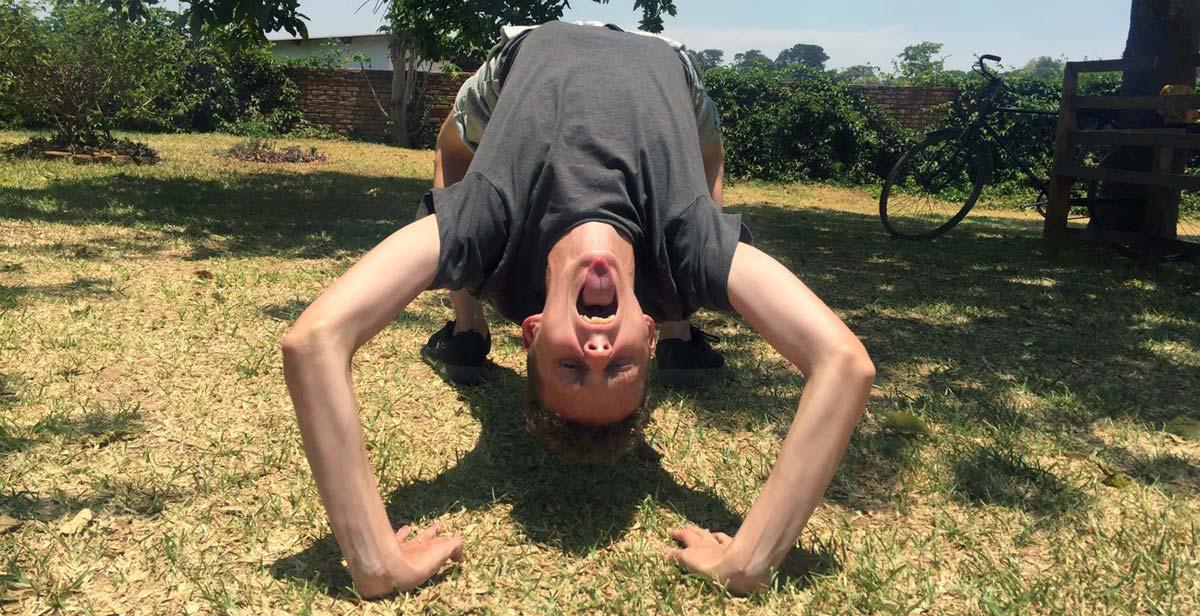Ah Halloween, one of the biggest, secular events of the year - second only to Christmas. When girls and boys, men and women, adorn themselves in spooky, controversial and comedic costumed attire to acquire candy from strangers and to drink the 31 October away at themed parties and functions. Of course, All Hallows’ Eve did not begin as the commercialised ghoul we know of it today, and despite the beastly impact it makes upon a Western economy (namely the US who spends around USD$8 billion celebrating the fall holiday), nor have the modern traditions been completely embraced by all living spirits of our world.
Halloween was thought to have originated alongside the ancient Celtic festival of Samhain, a time when people would light bonfires and wear costumes to ward off roaming ghosts due to the Celts’ belief that the spirits of the dead returned to earth on the fateful day of 31 October. Although the holiday in which we celebrate today is vastly different from its counterpart of 2,000-years ago, its influence has only just begun to pierce African culture.

Being a very religious country, dominated by Christian faith(s), Malawi (or more so, it’s people) has never taken kindly to witches and the supernatural. I once stated to a national volunteer, named Blessings, that I wanted to be a witch with amazing power - his reaction was one of terror. I had to backtrack and quickly explain that although witches may not be perceived as benevolent beings in English culture, practicing witchcraft, following a pagan faith and embracing the demonic arts (either through fashion, religion or lifestyle) is not a heinous offence. We in England have the luxury of following whatever lifestyle and belief we see fit without the threat of being locked away or burnt at the stake.
However, Blessings informed me that, in Malawian culture, the majority continue to believe that witches truly exist as the dark vessels of power once feared hundreds, and even thousands, of years ago. Blessings told me that witches are not be trifled with; capable of transforming into beastly animals, such as a dire wolf, cursing you with the worst of luck and transporting themselves and other objects within the blink of an eye. You may be traversing in the dark of night and feel a witch’s icy cold presence around you, however, once you turn around the witch will have vanished.

This may seem surreal to you and I, but belief is a strong entity in Malawi. Women, especially those in rural areas, are still at risk of being perceived and convicted of witchcraft. Just last month a local news outlet, Malawi 24, reported that an elderly woman was almost burnt alive by two young men due to their belief that she was a witch. Thankfully, the elderly lady survived the ordeal - however, not every female within Malawi is as lucky.
Despite such strong Malawian beliefs, the younger generation who are exposed to Western culture (through film and music) are now beginning to practice the modern traditions of dressing up and partying on Halloween. Although Halloween is still widely considered as a dark, pagan celebration, young Malawians located within the Southern city of Blantyre get into costume, party and drink far more in celebration of the 31.

I for one am sad to be missing out on Halloween celebrations this year; I was set on dressing up as Harley Quinn, with my partner joining me as the Joker. However, I’m glad to be in Malawi with the opportunity to learn from Malawians about their intense religious views and beliefs that are oh so different from our own in England.
I, for one, am hoping that I never have the displeasure of running into a Malawian witch.
Happy Hallows’ Eve, everyone!
Written by ICS volunteer Nathaniel Antonio



